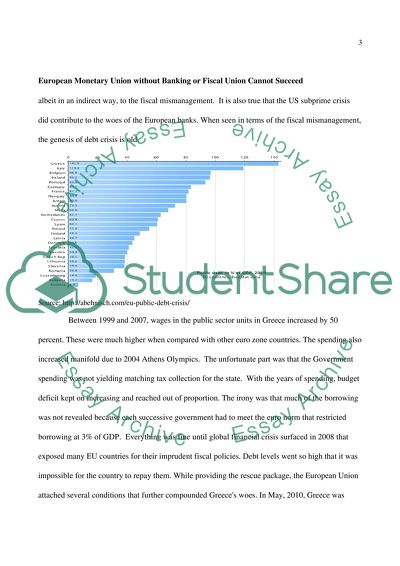Cite this document
(European Monetary Union without Banking or Fiscal Union Cannot Succeed Term Paper, n.d.)
European Monetary Union without Banking or Fiscal Union Cannot Succeed Term Paper. Retrieved from https://studentshare.org/macro-microeconomics/1469737-ypeuropean-monetary-union-without-a-banking-or
European Monetary Union without Banking or Fiscal Union Cannot Succeed Term Paper. Retrieved from https://studentshare.org/macro-microeconomics/1469737-ypeuropean-monetary-union-without-a-banking-or
(European Monetary Union Without Banking or Fiscal Union Cannot Succeed Term Paper)
European Monetary Union Without Banking or Fiscal Union Cannot Succeed Term Paper. https://studentshare.org/macro-microeconomics/1469737-ypeuropean-monetary-union-without-a-banking-or.
European Monetary Union Without Banking or Fiscal Union Cannot Succeed Term Paper. https://studentshare.org/macro-microeconomics/1469737-ypeuropean-monetary-union-without-a-banking-or.
“European Monetary Union Without Banking or Fiscal Union Cannot Succeed Term Paper”, n.d. https://studentshare.org/macro-microeconomics/1469737-ypeuropean-monetary-union-without-a-banking-or.


